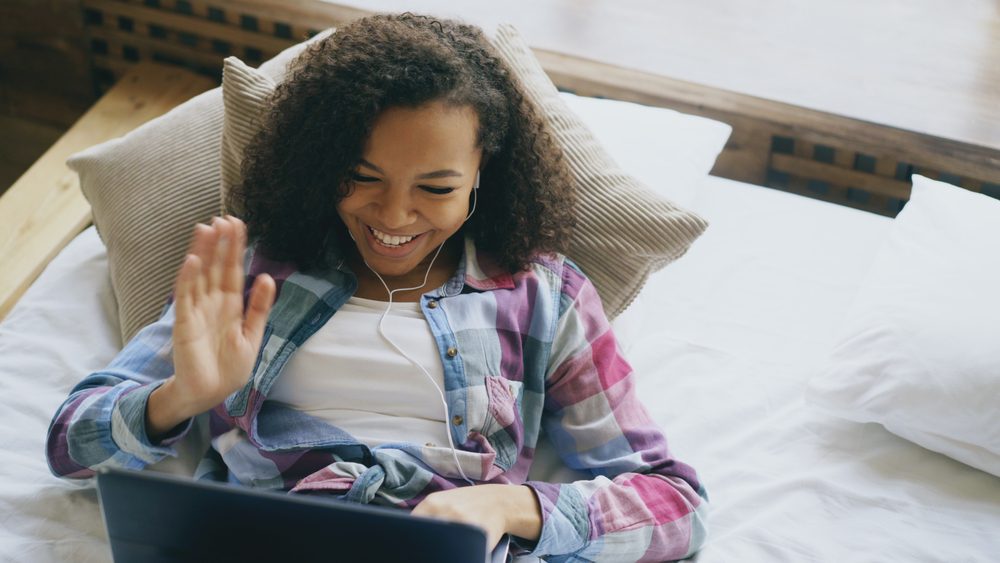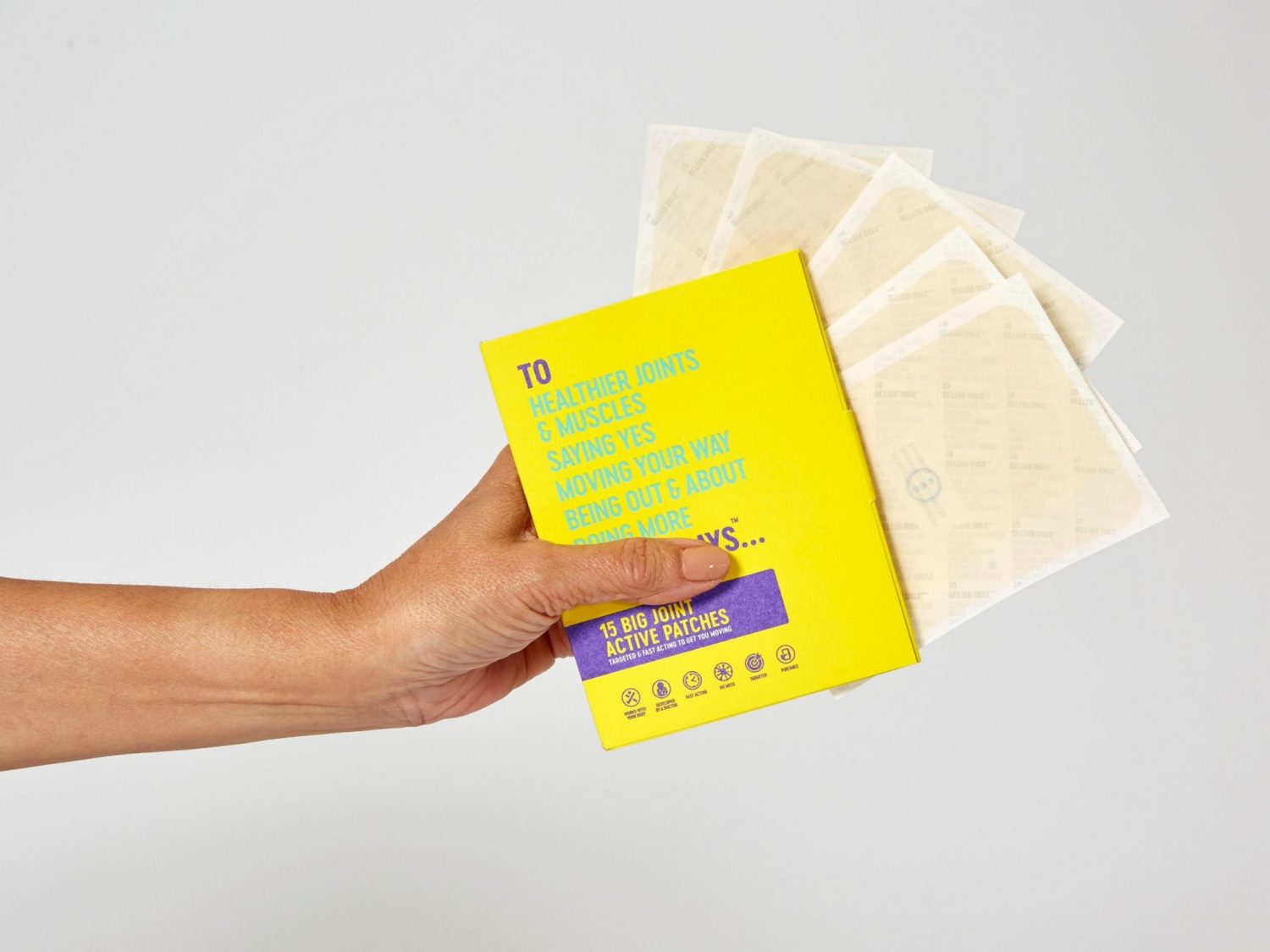
Self-isolation is a crucial part of slowing the spread of COVID-19. If we want to protect our population, save our health services and help our economy weather the storm, the best thing we can do at the moment is… well, very little.
With countries all over the world now enforcing lockdowns which prevent citizens from leaving the house for all but the most essential tasks, millions of us now face long periods of quarantine.
Staying Positive, Being Honest
If you make use of social media, you’ll no doubt have seen a wealth of positivity popping up online. Inspirational posts telling us to take this time to “slow down” and “connect with ourselves”. Yoga teachers sharing free classes via Zoom. Thousands of memes and “viral” jokes circulating to keep our spirits up. But behind all of this upbeat energy lies a very real issue; isolation can be very bad for our mental health.
Although positivity and proactiveness have an important role to play during self-isolation, it’s also important to be both realistic and open about the challenges many of us will face while in quarantine. With Stress Awareness Month (appropriately) just around the corner, now is a crucial time to be conscious of how coronavirus will affect your mental health.
Coronavirus, Chronic Pain & Mental Health
Mental health difficulties can be a particular challenge for those of us living with chronic pain. Chronic pain is already associated with heightened levels of stress, anxiety and depression. Individuals with depression, for example, typically experience more intense, longer-lasting episodes of pain. Academic papers point to clear overlaps between chronic stress and chronic pain. Anxiety is thought to have a role to play in increased pain perception. The picture is clear: mental health difficulties and chronic pain are inextricably linked.
The relationship between mental health and chronic pain is incredibly complex. In some cases, chronic pain results in mental health difficulties. Sometimes mental health problems exacerbate chronic pain symptoms. Often, both things happen at once. There’s even some evidence to suggest that pain, anxiety and depression have shared biological mechanisms.
So in this time of isolation, anxiety, stress and worry, how can those of us with chronic pain look after our mental health? We’ve collected some resources below which might help.
Be Social from a Distance
While there’s no substitute for face-to-face contact, technology presents us with all sorts of ways to spend time with each other remotely. Staying social and connecting with our loved ones is one of the best things we can do to support our mental health while self-isolating.

There are all sorts of fun opportunities to connect with each other online, from playing games together to having dinner together via a screen. But our digital conversations don’t have to be positive. It’s now more important than ever before to be open and honest with our loved ones. Sharing our feelings and burdens can make them feel more manageable, and helps us all feel a little less alone.
Try some of these resources to stay in touch with the important people in your life:
- Social media platforms including Twitter, Instagram, Snapchat and Facebook are great for keeping us connected – but use these platforms with caution. Endless notifications about COVID-19 can increase anxiety, while seeing positive posts about self-isolation can make us feel even more alone with our negative feelings. Remember to take a break from social media if you need to.
- HouseParty allows people to join conversations one-on-one or as part of a bigger group. You can even compete in quizzes and play each other at pictionary.
- Zoom is another popular app for video conferencing, or you could try Google Hangouts, Facetime, WhatsApp video calls or Skype.
- Tabletopia is a brilliant app which allows people to play virtual board games together.
- Netflix Party allows people to binge their favourite shows and movies at the same time – perfect for cosy evenings in with a virtual companion.
Stay Busy
Getting stuck into a project can have positive effects on your mental health. If you’re working from home, a side-project can help you enforce boundaries and take time away from the computer. If you’re at home with nothing to do, activities can help keep your mind busy. Why not try…
- Cooking up a storm
There are lots of great resources online to put your culinary skills to the test – even if you’re stuck at home with only basic ingredients. Take a peek at recipes from Jack Monroe, Refinery 29 and bon appetit.
- Learning a new skill
Why not delve into the world of YouTube tutorials and teach yourself crochet, macrame, flower arranging, Photoshop, Arabic, piano, juggling, calligraphy or coding? The opportunities are endless.
- Getting green fingered
If you’re lucky enough to have a garden, tending to your outside space is a great way to get some fresh air, vitamin D and release some endorphins.
- Becoming a bookworm
This is the prefect time to get stuck into a good book. If you can’t get hold of new material through the post, download new literature to your Kindle or download an app like Calibre to read books on your PC. Set up a remote book club with your friends, or talk about your latest read on Goodreads.
- Getting a sweat on
Exercise can give you a huge mental health boost. If current coronavirus rules and your health permit, make sure you take regular exercise by walking, running or cycling outdoors. If you can’t leave the house, there are tonnes of great online workouts to try, from gentle yoga (try Yoga with Adriene’s 30 day challenge) to more intense HIIT sessions. You could even learn to dance, or learn self-defence.
Sleep Well
It can be very difficult to enforce good sleep habits when you are stuck in the house all day – especially when you also experience chronic pain. Unfortunately without a decent sleep our mental health can quickly deteriorate.
Simple steps like getting daily exercise, going outside for at least 20 minutes, turning off your digital devices an hour before bed, taking a bath at bedtime and creating a restful sleep environment can help you get the rest you need to stay as mentally healthy as possible. Lots of people swear by meditation apps like Headspace, too!
Get Some Vitamin D
With so many of us stuck inside, it’s not going to be easy for everyone to get enough vitamin D, which our bodies generate when we are exposed to sunlight. This magic ingredient has many important roles to play in our bodies. It fights disease, boosts weight loss and is even believed to help with depression.
Although it’s not entirely clear how vitamin D deficiency and Seasonal Affective Disorder (SAD) relate to each other, many believe there is a connection. That’s why individuals affected by SAD often make use of tools like daylight lamps and daylight bulbs, while also taking vitamin D supplements. Supplements, like our active patches, help individuals to get more of the vitamin D they need. Other steps to increase vitamin D in your body include spending at least 20 minutes outside per day, or eating more oily fish and eggs.

Keep Calm & Care for Your Mental Health
If this list of steps to protect your mental health in quarantine feels overwhelming, don’t panic!
The most important part of looking after your mental health in self-isolation is being kind to yourself. If you need a day of rest and relaxation, please ignore all of these tips and binge-watch a series in the bath. If you have had enough of social media, check out and take some time to yourself. Your mental health is important, and it’s personal. Reach out to friends when you need to, and do what is right for you.



